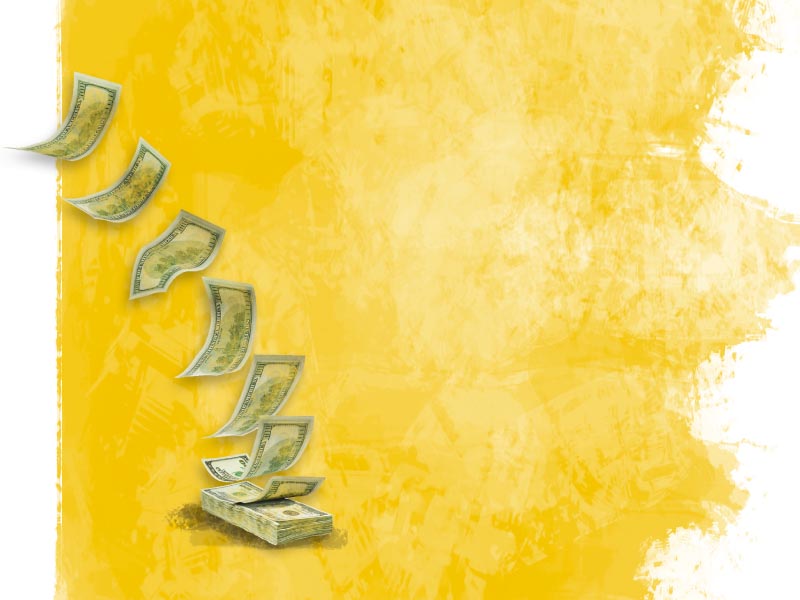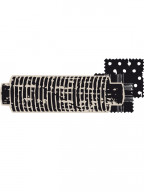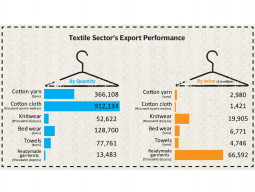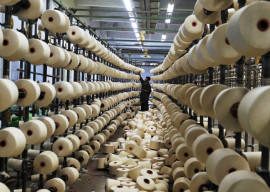
Pakistan Textile Exporters Association (PTEA) Chairman Asghar Ali and Vice Chairman Muhammad Asif expressed concern over blocking of funds, saying the government was not releasing the money to clear the refund claims.
The tax drawback scheme was initiated to boost exports and the results were visible in the performance of exporters, they said in a statement.
Total exports in 2009-10 rose to about $19 billion from $17 billion in the preceding year. Next year, exports climbed to $24.8 billion, which they said clearly supported the argument that if the exporters were facilitated they would produce good results.
Similarly, they pointed out, customs duty was not being refunded and a large number of rebate claims were pending. “The held-up funds have caused financial crunch for the exporters,” they said.

Textile exporters say they are struggling to save their position in the international market in the face of fierce competition from rivals.
Textile exports, which stand at $13 billion per year, are crumbling and the industry and business are feeling the strain because of lack of funds, they say.
Describing exports as the lifeline for the economy as well as a very sensitive sector, the PTEA leaders said any disruption would lead to loss of productivity and jobs as well as industrial unrest.
Asghar Ali was of the view that severe shortage of energy had already hit the manufacturing industry hard, disrupting work at export units and threatening the overall economy.
“To keep the industrial wheel running and provide maximum jobs to workers, it is imperative to facilitate optimum industrial activity,” he stressed.
He asked the government to steer the textile industry out of the current crisis by removing hurdles and providing incentives to increase exports.
Published in The Express Tribune, April 9th, 2013.


































1714024018-0/ModiLara-(1)1714024018-0-270x192.webp)









COMMENTS
Comments are moderated and generally will be posted if they are on-topic and not abusive.
For more information, please see our Comments FAQ